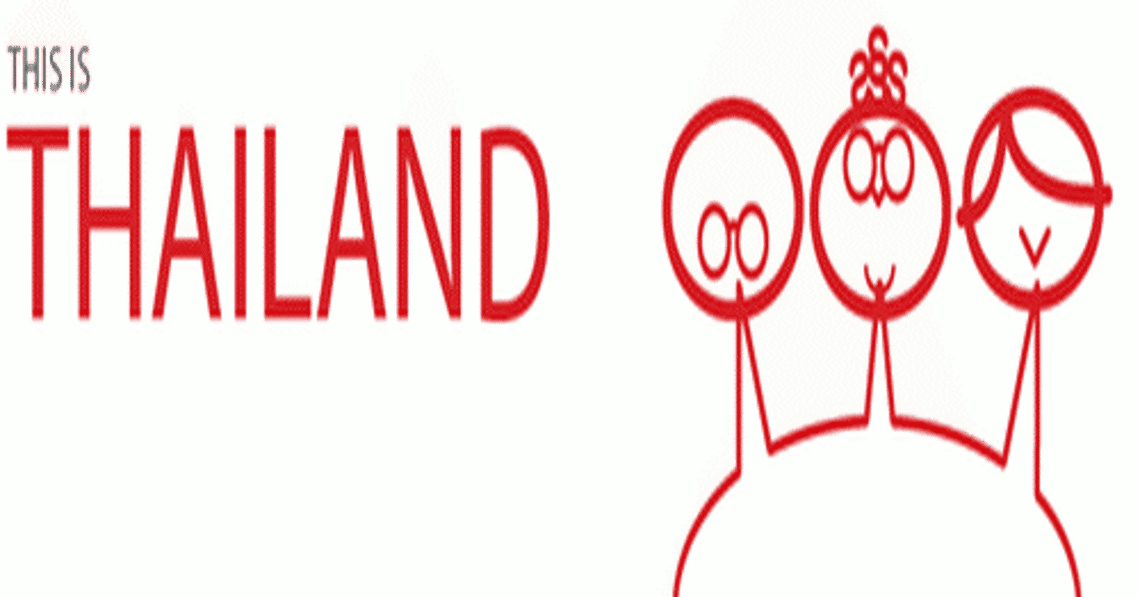For those of you with questions regarding Thailand, Thai culture, history, tourism, laws, rules, food, nightlife, subculture, dating, or generally anything as long as it is relevant, we have a panel of experts ready to respond to your enquiries. Email: hilary@chiangmaicitylife.com
I’ve heard that dengue fever isn’t that severe, but I’ve also heard people can die from it. What should I do if I think I have it?
Sophie (intern): As the period from June to September is the rainy season, greater caution must be exercised against dengue fever during this time. The cycle of dengue fever outbreaks seems to come every other year, becoming more dangerous each year. Symptoms start with a cold sweat fever for a few days, followed by fatigue, dizziness, bleeding gums, rashes, lack of concentration, and constant headaches. If you’ve experienced any of these symptoms, a visit to the doctor is a must for blood tests (during and after). You will usually be given some paracetamol, but more serious cases will require hospitalisation. If left untreated, the hemorrhagic form of the disease can sometimes be fatal. To prevent contracting the disease as much as you can, keep the screen doors closed, get an electronic mosquito racket, dump out any standing water and replace perfume or cologne with mosquito repellant. We recommend Johnson’s baby anti-mosquito clear lotion – it works great, contains no harsh chemicals or unpleasant smells and you can find it at most pharmacies in Chiang Mai.
I saw something in the news about earthquakes. Are they something I need to worry about in Chiang Mai?
Sophie (intern): Thailand sits on the Eurasian tectonic plate, in between the Indo-Australian and Pacific plates. As of March 2012, the Department of Mineral Resources revealed 14 groups of active faults spread across 22 provinces in Thailand. Chiang Mai and Chiang Rai sit on the Mae Chan fault, which was affected by major quakes such as the one in China’s Yunnan province in 2009 and the 2012 incident in Laos’ and Burma’s Nam Ma fault. The Seismological Bureau of Thailand, however, has stated that Chiang Mai is one of the provinces that will only be mildly affected by earthquakes, along with other places such as Kanchanaburi, Chiang Rai, Lampang and Lamphun. Parts of Thailand with a higher risk of experiencing tremours are Krabi, Phang Nga, Ranong and Surat Thani.
Ever since the rainy season started, my house has been full of mosquitoes and other bugs. Are there any safe and natural ways to deal with this?
Jen & Sophie (interns): Although eliminating all pests is close to an impossible feat in Thailand (especially during the rainy season), there are ways to limit pest populations and the areas that they inhabit. An effective natural remedy to get rid of mosquitoes in particular is planting certain plants. Four plants that repel mosquitoes are catnip, rosemary, marigolds and citronella grass. You can also apply vanilla extract, dish soap, or garlic spray directly to your skin as a repellent. There are garlic sprays available that are applied around the home like any other pesticides. It’s also crucial to eliminate standing water, as mosquitoes use it for breeding. And remember, the geckos are good – they eat mosquitoes and other pesky creatures, so treat them like the friends that they are! If you need something a little stronger, check out Eco Pest Solution, a company that specialises in eco-friendly pest removal, using soil treatments, sprays, injections, foams and herbal gels that build and maintain the best defense against the most common intruders. Learn more at www.ecopestsolution.com or contact them for a free home inspection and quote by calling 053 216 216.
I’m staying in the old city, but am getting a little sick of being in such a touristy area. Where else in the city has fun things to do?
Sophie (intern): There are plenty of other nearby places to go outside the old city – if you step out in pretty much any direction you will find things to do and places to eat and drink. Go east across the Ping River and you’ll find the riverside area along Charoenrat Road, replete with bars, restaurants and live music. Head west and you’ll hit Nimmanhaemin Road, a very popular stretch for locals, expats and tourists in the know that contains plenty of posh eateries, bars, clubs and shops. North is Chang Phuak and Santitham, which is full of restaurants and cheap student bars all the way to the Superhighway. South is Wualai Road, where the famous Saturday Night Market takes place. In front of Chiang Mai University (on Huay Kaew Road), there is a nightly market that sells cheap goods and lots of restaurants that are usually swarming with students. Behind CMU, there’s loads of street food nightly along Suthep Road, and if you go a little deeper past that, you’ll find a lovely forest temple (Wat Umong) and several hidden art galleries and culinary gems tucked into quiet, tree-lined soi. Looking for an easy escape? Check out Huay Tung Tao Reservoir. Thais love lounging by the water on floating bamboo huts and knocking back a few drinks. The reservoir is about 12km northwest of the city and you can reach it by driving 10km north on Route 107 (follow signs towards Mae Rim), then 2km west past an army camp to the reservoir.
